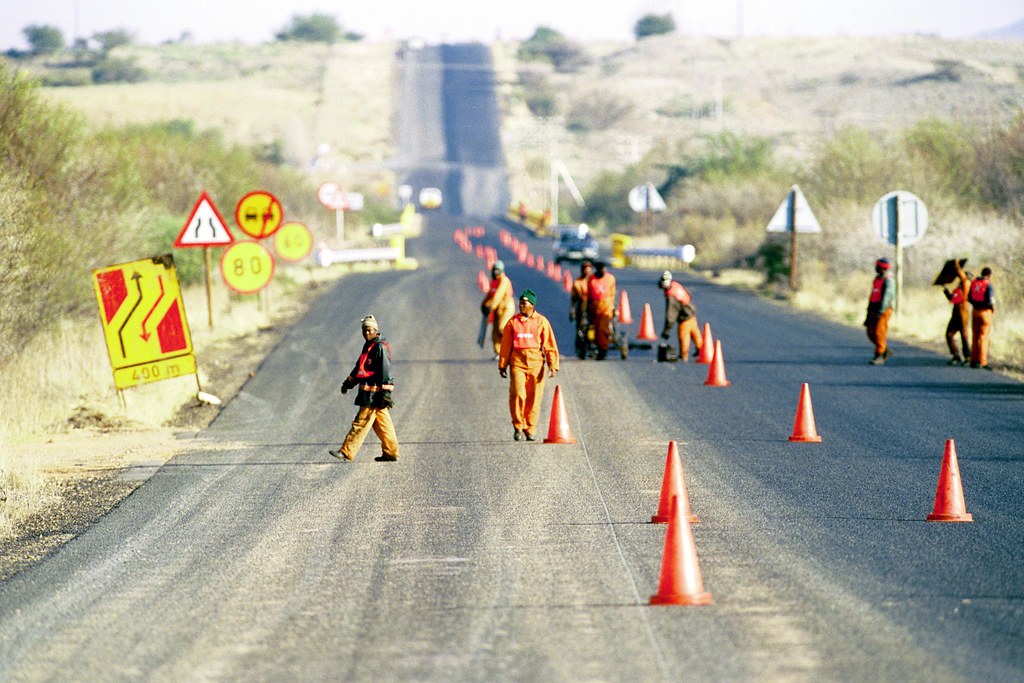Joe Biden has been president for nearly seven months, and he still has not appointed an Administrator for the Office of Information and Regulatory Affairs (OIRA). We’ve called on Biden to prioritize OIRA here, here, here, here, here, here, and here.
Combined with an utter lack of meaningful executive action from Biden himself, refusing to appoint an OIRA administrator means our President is ignoring a huge number of tools in his toolbox and is failing to govern effectively.
OIRA sits within the Office of Management and Budget (OMB), which itself doesn’t have a permanent Director since Neera Tanden’s nomination publicly flopped. One can argue that discussing a sub-agency when the overarching agency lacks a Director is missing the forest for the trees, but this particular “tree” has the power to stymie action from the entire rest of the federal government.
OIRA has the unique mandate to review nearly all federal regulations, the exception being those that come from independent agencies, and choose to approve, stall, or kill them. So every regulation coming out of the Department of Energy, or the Department of Transportation, or the Environmental Protection Agency goes to OIRA before it becomes the law of the land. The office utilizes a cost-benefit analysis to weigh whether regulations are unduly burdensome. As we’ve written about before, OIRA has historically weighted costs and benefits to industry much higher than the wellbeing of people or the environment, prioritizing “economic efficiency” above all else. In short, if it can’t be easily quantified, it probably doesn’t matter within OIRA’s frameworks, and a lot of crucial effects that would improve life and society cannot be quantified (or have not yet; consider how much worse climate change has been than “proven” models could demonstrate even as recently as 10 years ago).
OIRA’s path does not have to continue this way. A new administrator could bring about a sea change (pun intended) by fully considering impacts to human and environmental health, biological diversity, impact on the climate, and general wellbeing. For example, the Occupational Safety and Health Administration (OSHA) has never set standards for when it is no longer safe for workers to work outside in dangerously high temperatures. For decades, Presidential administrations have feared setting rules that would save lives from heat stroke, for fear of feeding libertarian “nanny state” narratives. But as the planet warms, one should hope that the loss of life and health has become impossible to ignore.
When OSHA finally moves, OIRA will get the last word. How will the “cost” to companies required to provide workers regular breaks and cooling centers, thus causing each job to cost more and take longer for the sake of human health, be weighed against the “benefit” of preventing misery, illness, injury, or death? An OIRA administrator more concerned with financial costs might argue such a rule does not pass a traditional cost-benefit test — that’s not the administrator we need in 2021.
Until there is a permanent administrator, as Center for Progressive Reform analyst James Goodwin told E&E news last month, “the vacuum of leadership means that the OIRA line staff are being left to their own devices” because “they are not professionally independent people.” Sharon Block, the current acting administrator, is widely seen as a trusted, pro-regulation union ally. But she doesn’t have all the authority a Senate-confirmed administrator would, and as a result, the country is suffering.
Biden announced an executive order on his first day in office titled “Modernizing Regulatory Review.” It was an excellent move — he directed OMB along with representatives from executive departments and agencies to put forth recommendations to improve the regulatory review process and more closely align it with “public health and safety, economic growth, social welfare, racial justice, environmental stewardship, human dignity, equity, and the interests of future generations.”
Unfortunately, without a confirmed OIRA administrator, the extent to which Biden’s good executive order can have a serious positive impact is extremely limited. Biden’s failure to prioritize this position is undercutting his own stated goals, suffocating the regulatory work of many departments, and, along the way, hurting people. And his pace is pathetically slow — former President Trump, the slowest in modern history to choose an OIRA administrator, had gotten the job done by May of his first year in office.
OIRA has long acted as a friendly rubber-stamp for industries, taking the least generous interpretation of regulations it reviews and allowing corporations to run free with no consideration for the living environment or those who exist within it. It’s past time for an OIRA administrator who will work for the public good. The necessary first step is getting a nomination — Biden, you’re up.
Photo: “A farm worker travels on his donkey cart” by World Bank Photo Collection is licensed under CC BY-NC-ND 2.0

